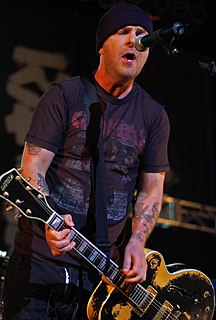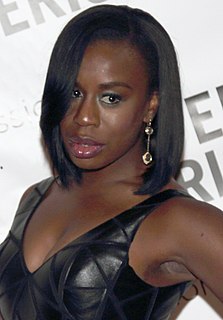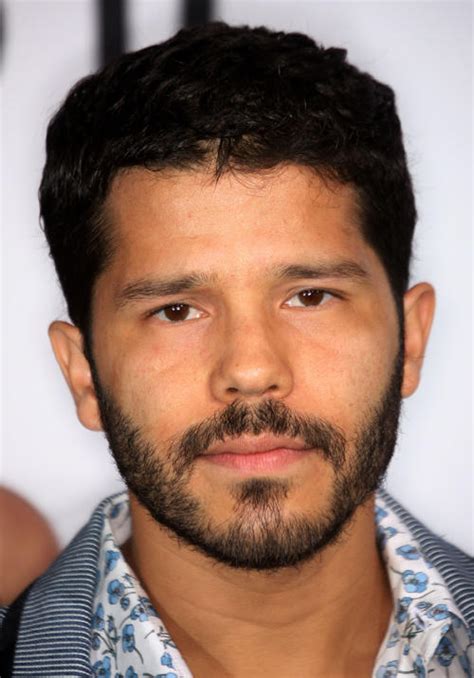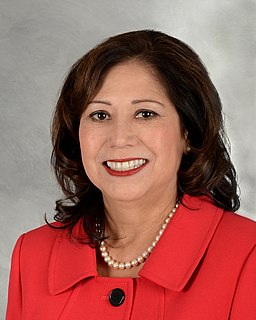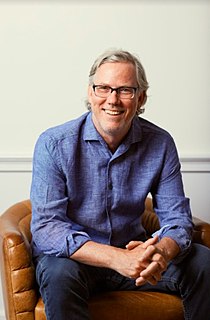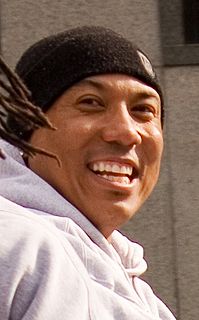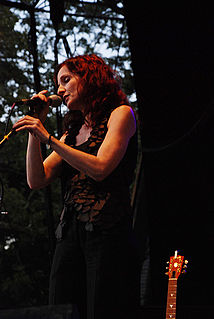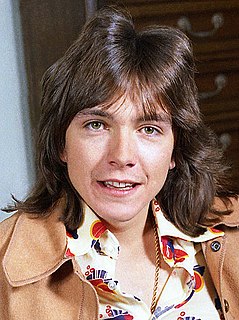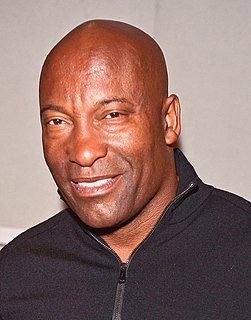A Quote by Tim Armstrong
A picture of me as this super affable sales guy gets painted, but in actuality, I'm pretty driven by hard work and love working with teams. What people discount is, I grew up in a very small blue-collar town in Massachusetts and have basically scrapped my way career wise.
Related Quotes
I find myself feeling like Oscar in 'Sweat' just by virtue of cleaning the tables, wiping the bar down and picking up everybody's glasses - and not making eye contact, because that's the character. These are working-class, blue-collar people. These are the people I grew up with. It gets under your skin.
I started my career as a sales guy in the nineties, when the funnel was controlled by the sales rep, who had all the information the prospect wanted, including pricing and discount options. Now 90 percent of it has swung to marketing. It's self-service and you need to be very, very helpful to see to the top of the funnel. The game has changed a lot.
What makes most people comfortable is some sort of sense of nostalgia. I grew up in a small town, and I could count my friends on one hand, and I still live that way. I think I'll die in a small town. When I can't move my bones around a stage any more, you'll find me living in a place that's spread out and rural and spacious.
